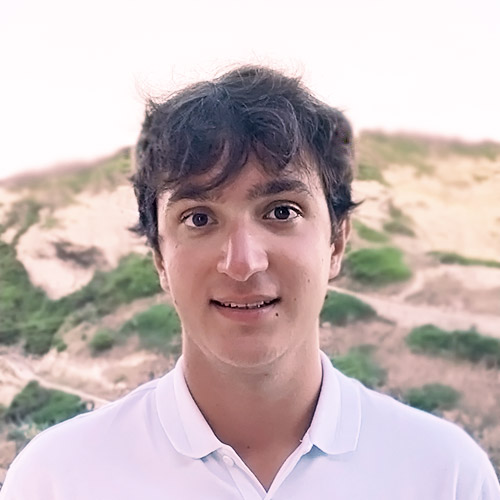Quantum Technology
Quantum Technology is an emerging field of science and technology where the unique properties of quantum systems enable novel applications. Quantum systems are designed for control by classical signals to create entanglement and arbitrary superpositions or initiate measurement (projection onto a basis) at will. Applications include highly parallel computation by processing quantum information, simulation of complex quantum problems, cryptography for secure communication and sensing at or below the 'standard quantum limit' of measurement noise. Quantum technology is rapidly developing into a new branch of engineering where electrical, mechanical, optical, microwave and hybrid systems are designed to control and exploit their quantum nature.
Quantum Technology at KTH
The Quantum Technology track seeks to facilitate theoretical and practical knowledge with a focus on understanding technological applications of quantum physics. You must choose a minimum of 40 ECTS credits from core knowledge courses within the track. Two mandatory courses cover the theoretical aspects ( SI2380 Advanced quantum mechanics ) and the experimental and technological aspects ( SK2903 Quantum technology ) of the field. You can then continue to study specific branches of quantum technology in conditionally elective courses. You can elect to take an individual project course, often working in a research group developing quantum technology, such as superconducting quantum circuits, single-photon detectors and sources, quantum biophotonics, quantum materials and condensed matter theory. The master's degree project is either theoretical or practical, and many students fabricate and measure quantum devices in the Albanova Nanolab .
Career
After completing your master's degree on the Quantum Technology track, there are opportunities for a career in the rapidly growing sector of quantum technology start-up companies or in established high-technology industry. The track provides a solid foundation for further studies leading to a PhD degree. You can also complement your studies with training in entrepreneurship. Graduates from this track will participate in shaping an entirely new technology, which use we cannot completely foresee today.
Graduate interview

